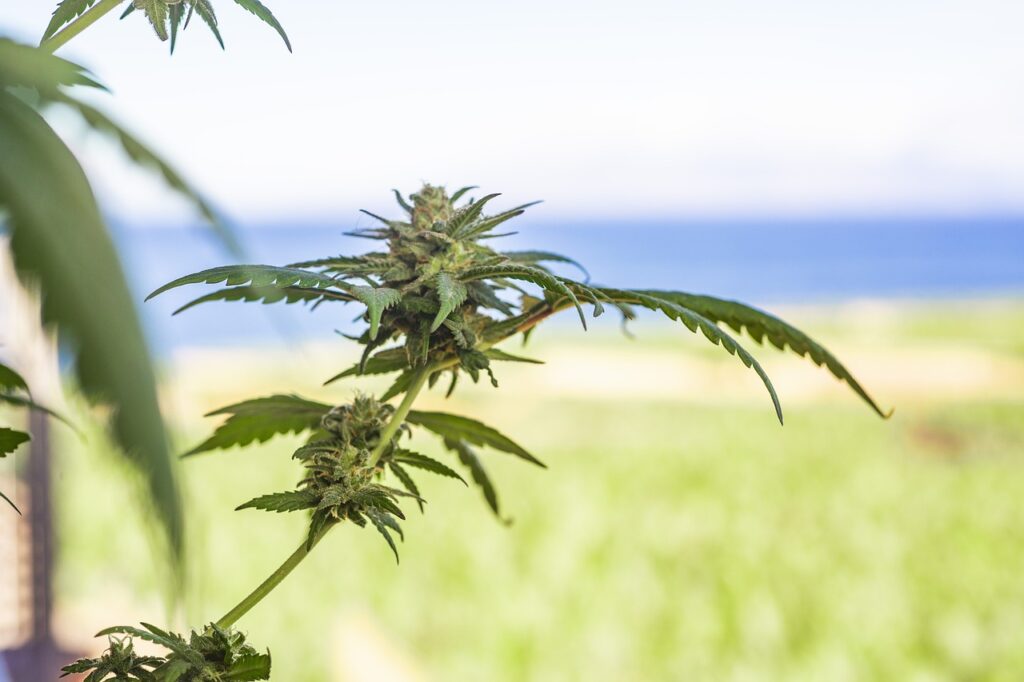
The world of cannabis is vast and complex, with numerous compounds contributing to its effects and benefits. One such compound is THCA, or tetrahydrocannabinolic acid, which is gaining attention for its unique properties. This article explores the science behind THCA flower, its potential benefits, and its role in the cannabis industry.
What is THCA?
THCA flower for self-care is a non-psychoactive cannabinoid found in raw and live cannabis plants. Unlike THC, which is known for its psychoactive effects, THCA does not produce a high. This compound is the precursor to THC and converts into THC through a process called decarboxylation, which occurs when cannabis is heated.
The Chemical Structure of THCA
THCA has a carboxylic acid group attached to its molecular structure, which differentiates it from THC. This additional group prevents THCA from binding effectively to the CB1 receptors in the brain, which is why it does not produce psychoactive effects. Understanding this chemical structure is key to appreciating the unique properties of THCA.
Potential Benefits of THCA
Research into THCA is still in its early stages, but preliminary studies suggest several potential health benefits. These include:
- Anti-inflammatory properties: THCA may help reduce inflammation, making it a potential option for conditions like arthritis.
- Neuroprotective effects: Some studies indicate that THCA could protect brain cells, which might be beneficial for neurodegenerative diseases.
- Anti-emetic properties: THCA may help alleviate nausea and vomiting, which could be useful for patients undergoing chemotherapy.
- Antioxidant effects: The compound may help combat oxidative stress, contributing to overall health and wellness.
Case Studies and Research
While comprehensive clinical trials are limited, some case studies and animal research provide insights into THCA’s potential. For instance, a study published in the British Journal of Pharmacology highlighted THCA’s anti-inflammatory effects in animal models. Another study in the Journal of Neuroimmune Pharmacology suggested neuroprotective benefits, although more research is needed to confirm these findings in humans.
THCA in the Cannabis Industry
As interest in non-psychoactive cannabinoids grows, THCA is becoming a focal point in the cannabis industry. Producers are exploring ways to preserve THCA in products, offering consumers the benefits without the high associated with THC.
THCA Flower Products
THCA flower is available in various forms, including raw cannabis, tinctures, and capsules. These products are often marketed for their potential health benefits and appeal to consumers seeking therapeutic effects without psychoactivity.
Consumer Trends and Preferences
The demand for THCA-rich products is on the rise, driven by consumers looking for natural health solutions. This trend is reflected in the increasing availability of THCA products in dispensaries and online stores. As awareness of THCA’s potential benefits grows, so does its popularity among health-conscious consumers.
How to Use THCA Flower
Using THCA flower involves different methods compared to traditional cannabis consumption. Since heating converts THCA to THC, those seeking to retain THCA’s properties often consume it raw or use low-temperature methods.
Consumption Methods
- Juicing: Fresh cannabis leaves and flowers can be juiced to preserve THCA.
- Raw consumption: Adding raw cannabis to smoothies or salads is another way to consume THCA.
- Low-temperature vaporization: Using a vaporizer set to a low temperature can help retain THCA while still providing some of its benefits.
Challenges and Considerations
Despite its potential, THCA research faces challenges. The legal status of cannabis in many regions limits scientific studies, and the lack of standardized testing methods can lead to inconsistent product quality. Consumers should be aware of these factors when exploring THCA products.
Legal and Regulatory Issues
The legal landscape for cannabis varies widely, affecting the availability and research of THCA. In regions where cannabis is legal, THCA products are more accessible, but regulatory hurdles still exist. Understanding these legal nuances is important for both consumers and producers.
Conclusion
THCA flower represents an exciting area of exploration within the cannabis industry. With its potential health benefits and non-psychoactive nature, it offers an appealing option for those seeking natural wellness solutions. As research progresses and consumer interest grows, THCA may play a significant role in the future of cannabis-based therapies.